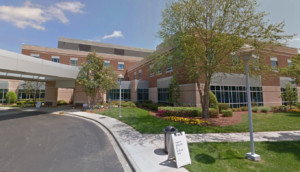 NC state leaders have just announced plans to significantly reduce the $4+ billion in medical debt that North Carolina residents are now burdened with.
NC state leaders have just announced plans to significantly reduce the $4+ billion in medical debt that North Carolina residents are now burdened with.
NCDHHS just requested new approval from the U.S. Centers for Medicare and Medicaid Services (CMS) for conditions hospitals must meet to receive enhanced Medicaid funds. These include relieving existing medical debt and preventing future debt for low- and middle-income residents. Hospitals opting out will receive standard funding.
Medical debt affects 41% of US adults, especially in Black, Hispanic, and rural communities. North Carolina hospitals hold over $4 billion in debt. Upon CMS approval, hospitals meeting the conditions will qualify for enhanced payments under the Healthcare Access and Stabilization Program (HASP).
“Large medical bills from sickness or injury can cripple the finances of North Carolinians, particularly those who are already struggling,” said Governor Cooper in a press release. “Freeing people from medical debt can be life changing for families, as well as boost the overall economic health of North Carolina.”
The new NC policies include:
- Relieving uncollectible medical debt since January 1, 2014, for non-Medicaid individuals with incomes below 350% of the federal poverty level (FPL) or debt exceeding 5% of annual income.
- Relieving unpaid medical debt since January 1, 2014, for Medicaid-enrolled individuals.
Providing medical bill discounts between 50-100% for patients with incomes at or below 300% FPL. - Automatically enrolling eligible individuals in financial assistance programs.
- Prohibiting the sale of medical debt for consumers with incomes at or below 300% FPL to debt collectors.
- Not reporting covered debt to credit agencies.
NCDHHS recently partnered with Undue Medical Debt to facilitate the new relief.
You can find out more on the NCDHHS’s Medical Debt Relief Frequently Asked Questions page here.


